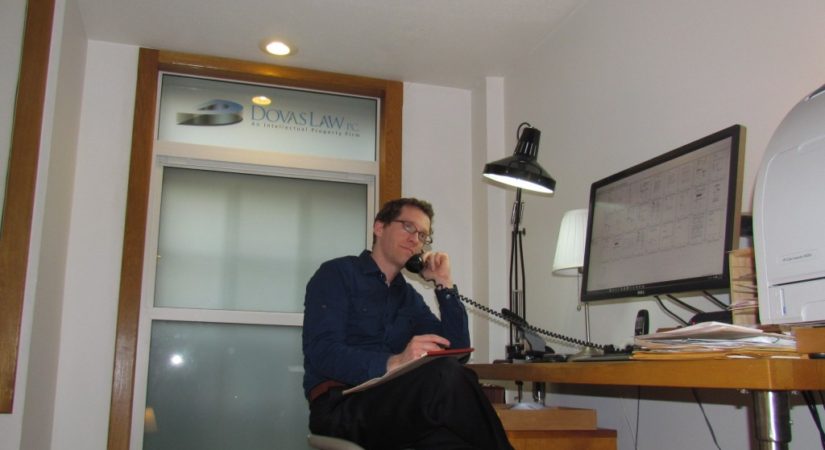Lately, our firm has been receiving solicitations from companies offering patent prosecution statistical services. These services aggregate publically available data from the U.S. Patent & Trademark Office to generate information such as a patent examiner’s allowance rate, applicants’ success rate appealing an examiner, and the average time an application is pending before an examiner. The data is set out in colorful bar graphs and pie charts that have a certain hypnotic appeal. It is hard to deny the usefulness of such products, especially when dealing with examiners or art units that have significantly higher or lower than average allowance rates.
As important as big data can be for gaining insight on how an examiner may handle your patent application, the telephone can be an even better tool for understanding an examiner and your application’s chance for success. Scheduling a phone interview with an examiner after an office action is a good way to gauge the examiner’s receptiveness to proposed arguments or amendments responsive to the office action.
Prior to an interview, the examiner should be provided with a formal agenda indicating pending claims and cited references to be discussed during the interview. Proposed amended claims to be discussed may also be provided to the examiner. Often it is helpful to formulate a draft reply to the office action prior to the interview to make sure that your arguments are concise and fully developed. An interview is generally limited to 30 minutes so it is best to bring forth just your best arguments and keep all references and accompanying notes in easy reach while speaking with the examiner.
While some examiners are quick to provide thoughts and insights during the interview, others will require more direct questioning. When an examiner appears unpersuaded by proposed arguments and amendments it may be helpful to ask whether the examiner sees any subject matter of particular interest in the application which might be useful to clarify the claims. A good examiner will have made him or herself an expert on your application and will most likely have his or her own opinion about whether and how the application may be amended to overcome the rejections. But it is important for the attorney or agent to ask the examiner, because this may not be information that the examiner offers unsolicited. Further, this is not information that one usually sees in an office action, a good reason why the examiner interview is such a powerful prosecution tool.

